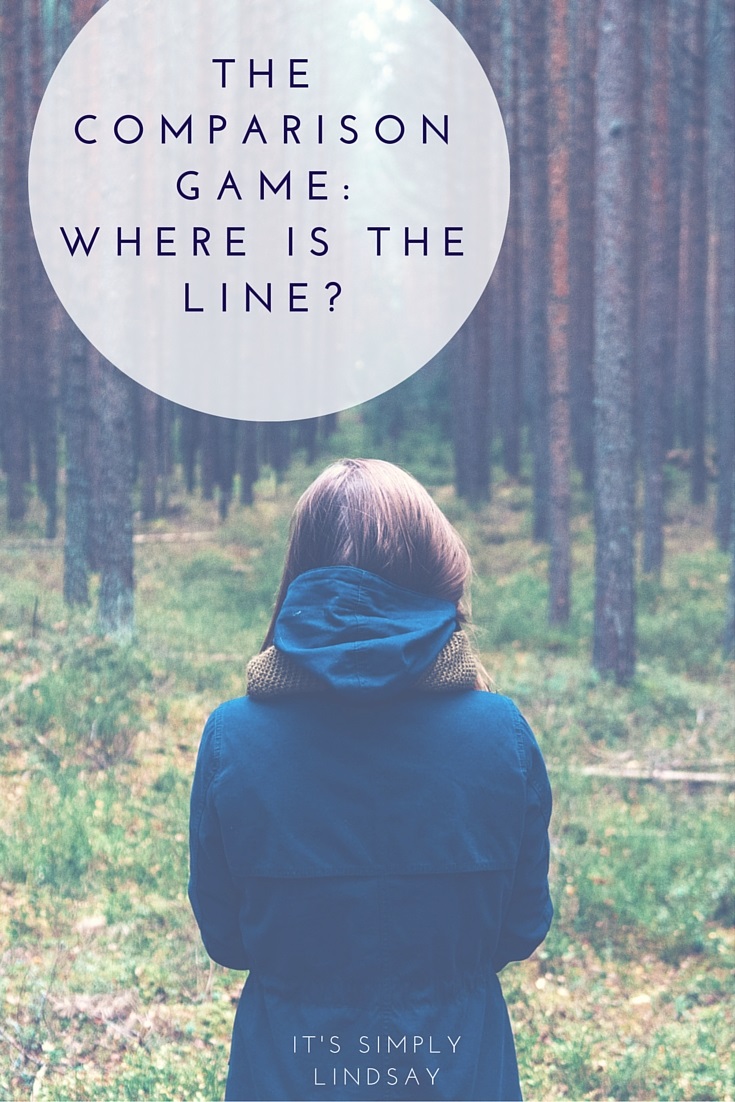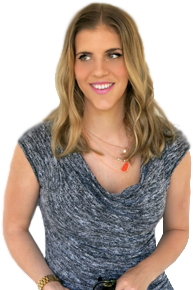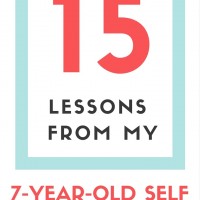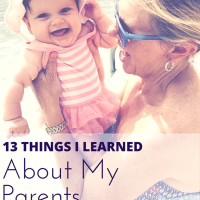
How do we know where we stand in the world?
Well that’s a lofty question, how about we start with food. How do you gauge a meal at a restaurant? You compare it to the most delicious dishes you have had, think about the worst ones, and decide where it falls.
Comparing is natural, comparing is normal, and comparing is even necessary to understand your placements in life.
Did you know that things you learn in school actually come back to prove their relevance? Oh, learning is a beautiful thing. In a communications course I took in college, I learned about social comparison theory; this theory states that we compare ourselves to others in order to know how we’re doing if there is no objective means of evaluation. We do this by comparing upwards and downwards of where we stand, which has positive implications and negative effects.
The Comparison Game: Where’s the Line?
For instance, as a fairly new member of Instagram, I admire and am in awe of various accounts that are in a different league than I am – I am in envy, feel small, yet draw inspiration from them. I’m comparing upwards. Then there are some accounts that feel more amateur to me or perhaps just don’t have my same aesthetic – I’m comparing downwards. When I do this, I realize I am not the lowest of the low, and from this, I know I’m doing something right. I balance my feeling of being years away from a status I may realistically never attain with a sensation of “being better” than others and find myself somewhere comfortably in the middle.
Isn’t downward comparison mean?
Downward comparison seems mean, right? Did you cringe when I said I felt better than other Instagramers? Because I did, and it was really hard to even write or admit out loud (especially because I am so humbly new!). Realizing that you have it better off than others is a reality of life – it helps you measure where you fit somewhere and can make you appreciate what you have. Downward comparison is healthy and useful when it makes you put your life in perspective and appreciate what you have.
Another facet of comparison is the idea of “I don’t have it that bad because someone else has it worse.” You’ve thought it before, you’ve heard it from friends, or maybe even used that as advice. This mentality is useful if it makes you grateful for your current position, but it can quickly turn non-productive.
Crossing the line
Here is where we fall into a few negative traps.
- By telling yourself others have it worse, you can diminish your situation that needs to be validated and addressed. Even a few weeks after I had my baby, I was a bit of a mess – I was physically sore, exhausted, and mentally and emotionally all over the place. Call it a hormonal imbalance, call it overwhelming, call me crazy, but it was the most thrilling, happy, confusing, scary, sad, and wonderful time as I adjusted to my new body, baby, and life. I needed to reach out for help but felt silly doing so; how could I need help when I’m not even working, I thought. How could I need help when I only have one baby? Some moms have multiples at once in addition to a house full of kids. How could I need help when I had the most helpful, supportive, hands-on husband and some moms don’t even have a partner? I got sucked into believing that because others “had it worse” than I did that my feelings didn’t matter as much.
Your truth is your truth – you cannot compare experiences because there are too many extraneous factors. Everyone’s thresholds are different. Different doesn’t mean better or worse, it just means different.
- When you open up to someone else, and they tell you not to feel bad because XYZ has it worse, they may be coming at it with helpful intentions, but this is another negative trap. By saying this, you’re completely dismissing the person’s feelings and experiences.
- What’s even worse is playing the one-up game. If you were successful in something, is it really necessary to throw it in someone’s face who struggles? For instance:
Olivia: I’m so overwhelmed with wedding planning; I feel completely stressed and anxious between planning, looking for houses, and working.
Mindy: Really? When I planned my wedding, it was the easiest thing ever. Plus I made all the centerpieces, didn’t have a wedding planner, was working two jobs, and going to graduate school. See? It could be way worse.
Who wants to wipe that smugness off Mindy’s superior face and knock her off that high horse?! Totally not helpful, Mindy. Instead of throwing your successes in someone’s face, try this approach: listen. Quietly. Then ask, how can I support you through this?
Bottom line: everyone has different tolerances for everything life throws their way, so there is no way and no point in trying to compare seemingly “same experiences.” There cannot be a truly same experience!
Use upwards and downwards comparisons as a way to evaluate where you stand if you’re coming at it from a productive angle. Instead of feeling negative jealousy, channel that into positive inspiration; you have something to aspire to. Instead of feeling like your experiences aren’t worthwhile because someone has it worse, know that what you’re going through IS enough. Instead of feeling superior that you succeeded where someone else struggled, lend a sympathetic ear and ask how you can support her.
What do you think about comparisons? Do you find yourself upwards or downwards comparing? Are you productive? Have you ever felt belittled when someone reminded you that others have it worse?














